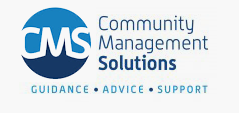In light of recent global events, let’s talk a little more about what you can do to assist your employees to overcome challenges in their personal and work life.
Employee Assistance Programs (EAP) are work-based intervention programs designed to identify and assist employees in resolving personal problems which may adversely affect the employee’s performance. Such programs often cover:
- Work stress;
- Personal stress;
- Conflict;
- Depression;
- Separation, divorce or relationship difficulties;
- Child and family issues;
- Personal trauma;
- Grief and bereavement;
- Health and lifestyle issues (including drugs, alcohol and gambling);
- Financial Stress.
It is not a legislative requirement that employers provide EAP, however many companies provide EAP to increase employee performance and increase retention of employees. EAP is used effectively as a form of best practice to create mental and physically healthy workplaces and overall positive work environments.
EAP is commonly used in the police force and military services, as well as community organisations dealing with high risk individuals or particularly stressful environments. EAP is often used in these workplaces as a way to reduce the impact on workplace stress and reduce the risk to work cover claims.
EAP’s are employer funded, thus free of charge to the employee. If you are considering introducing EAP you should have a well thought out policy which should cover:
- EAP is not compulsory;
- Any limits on access to EAP (for example a certain number of sessions per year);
- The process for accessing EAP;
- What EAP you provide and what reasons when EAP can be accessed;
- Ensure the confidentiality of employees accessing EAP.



